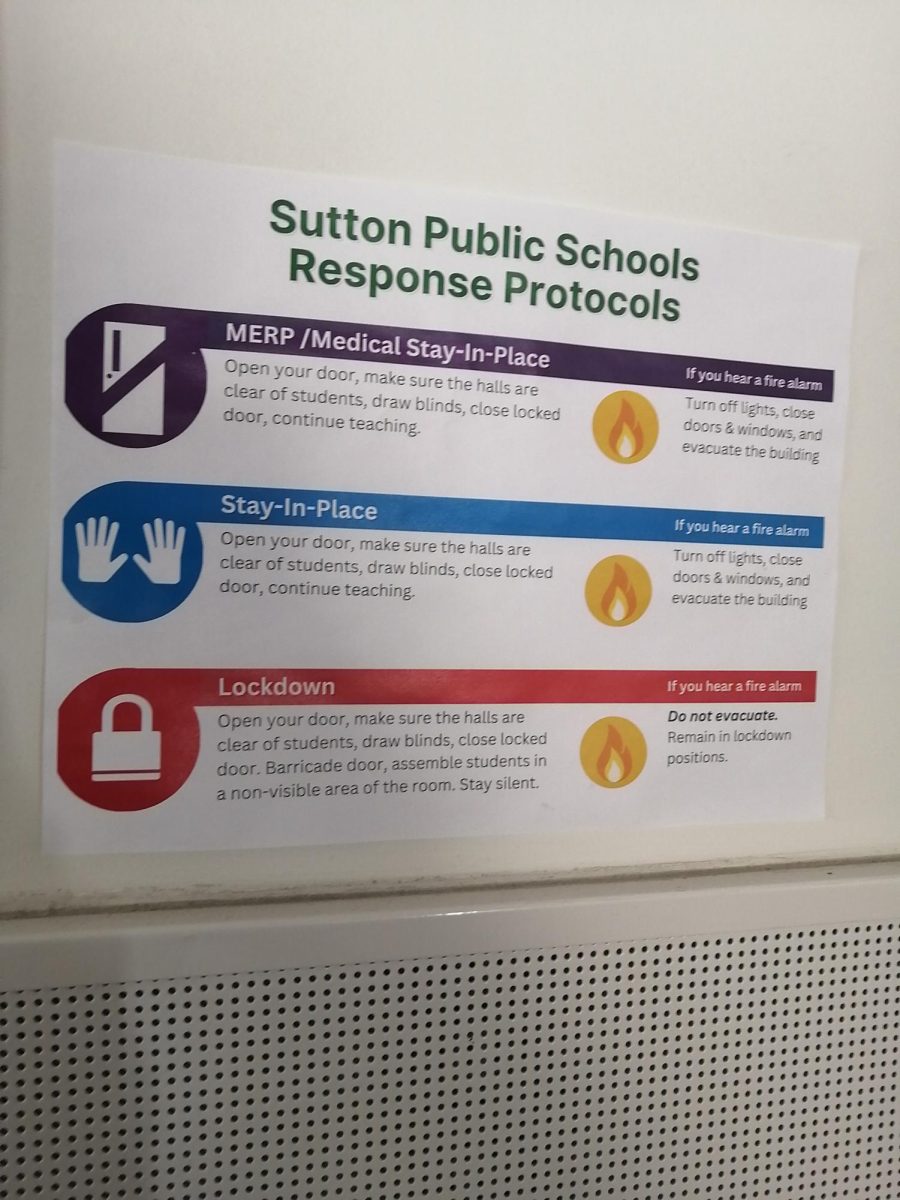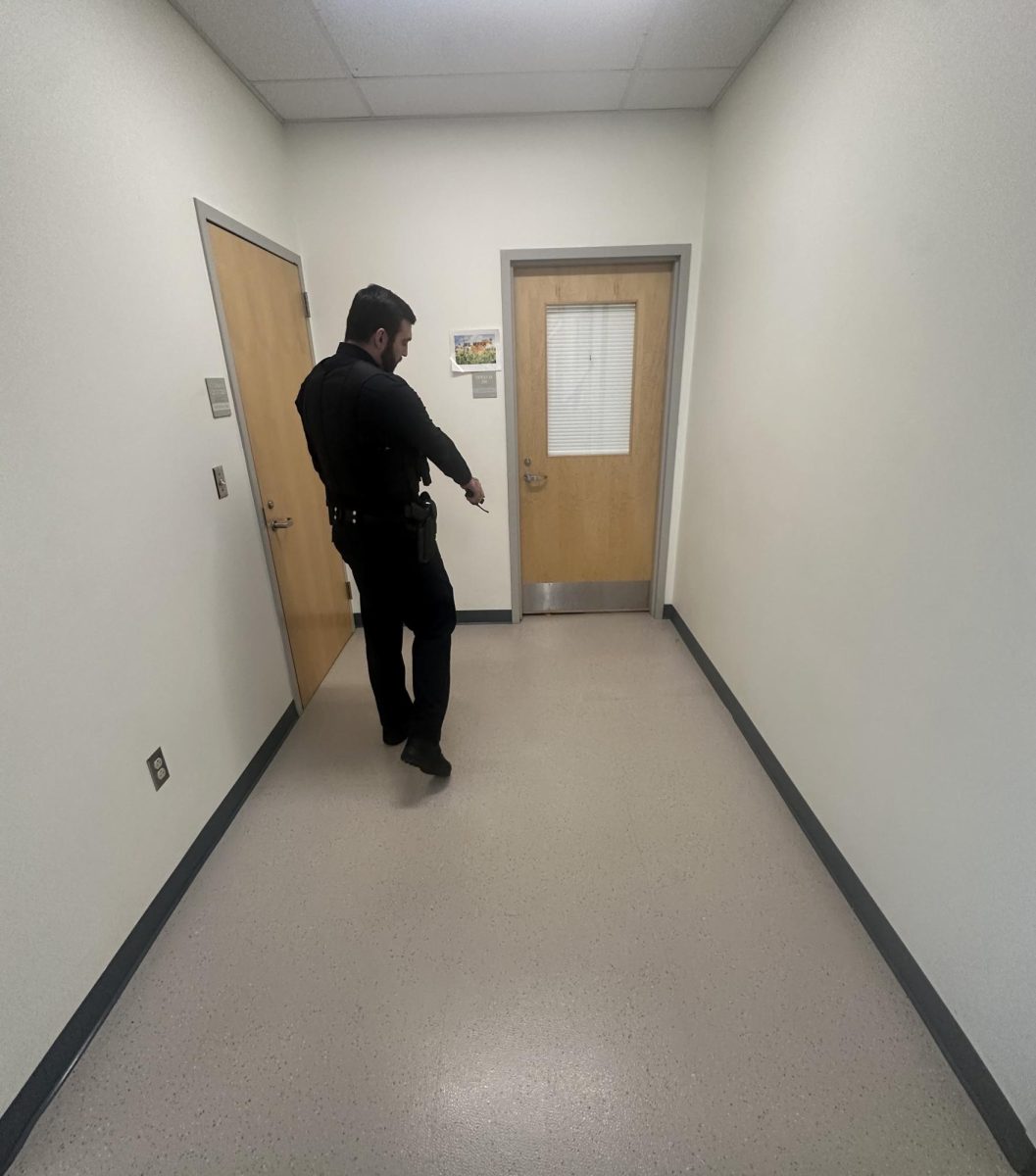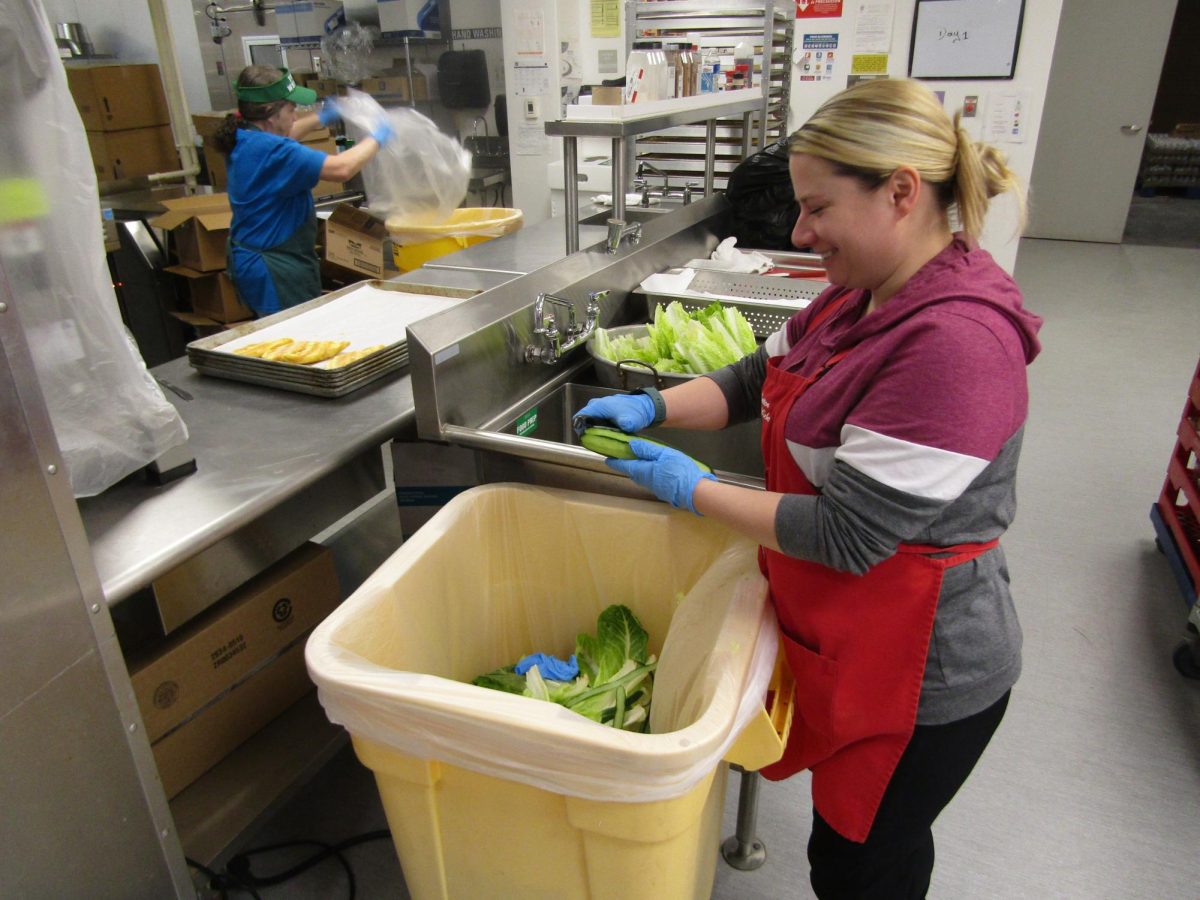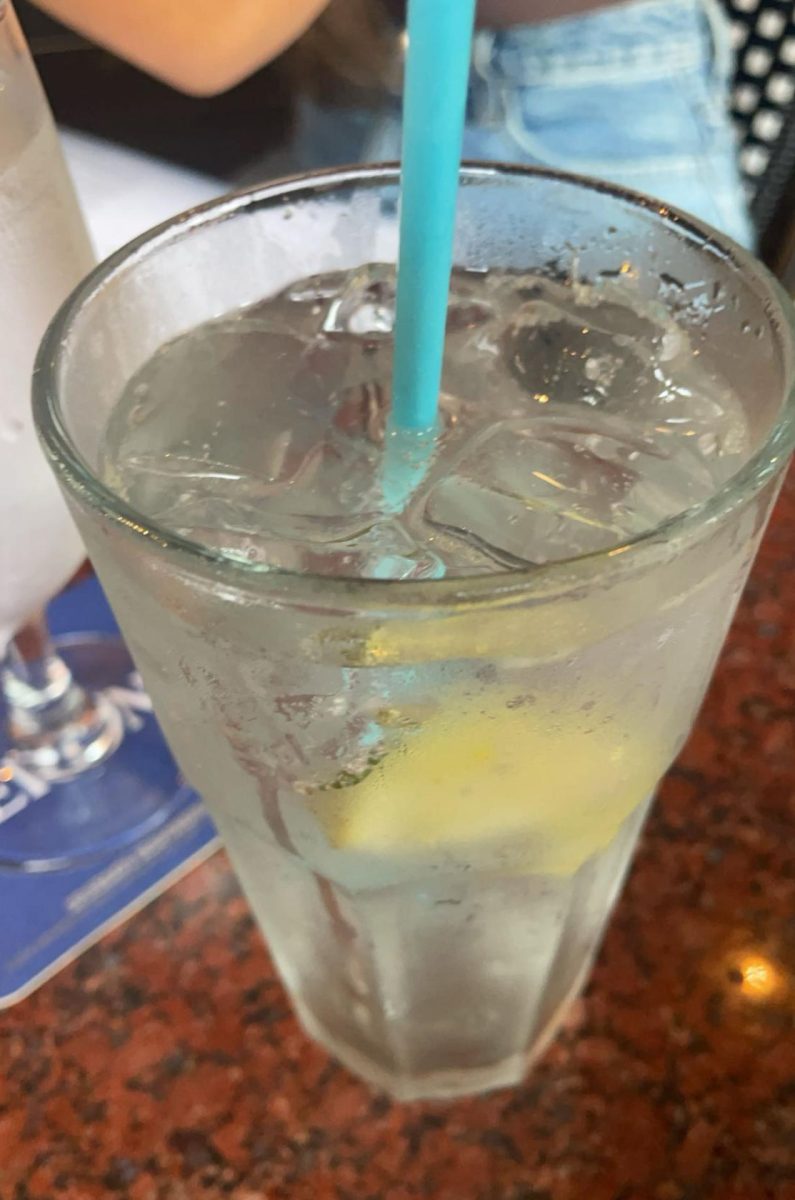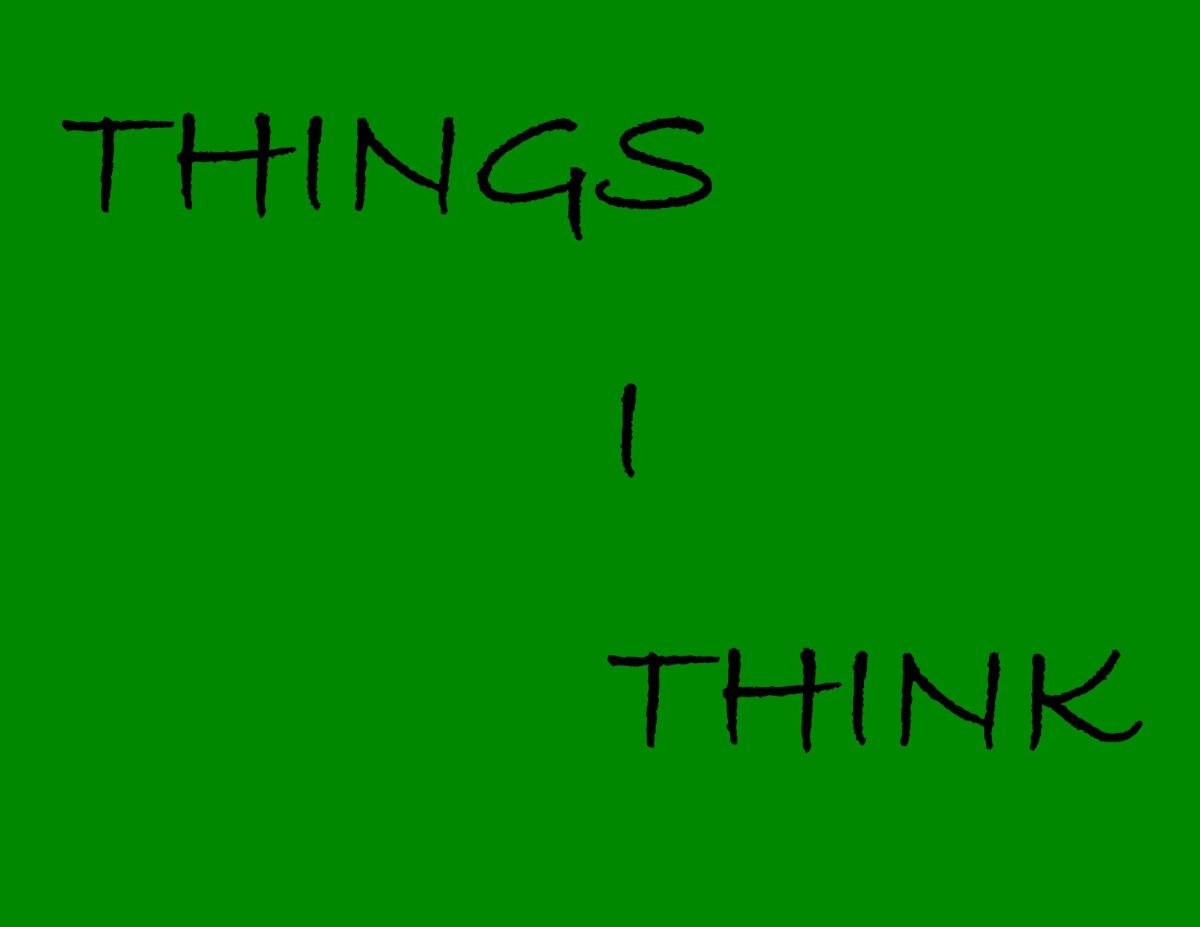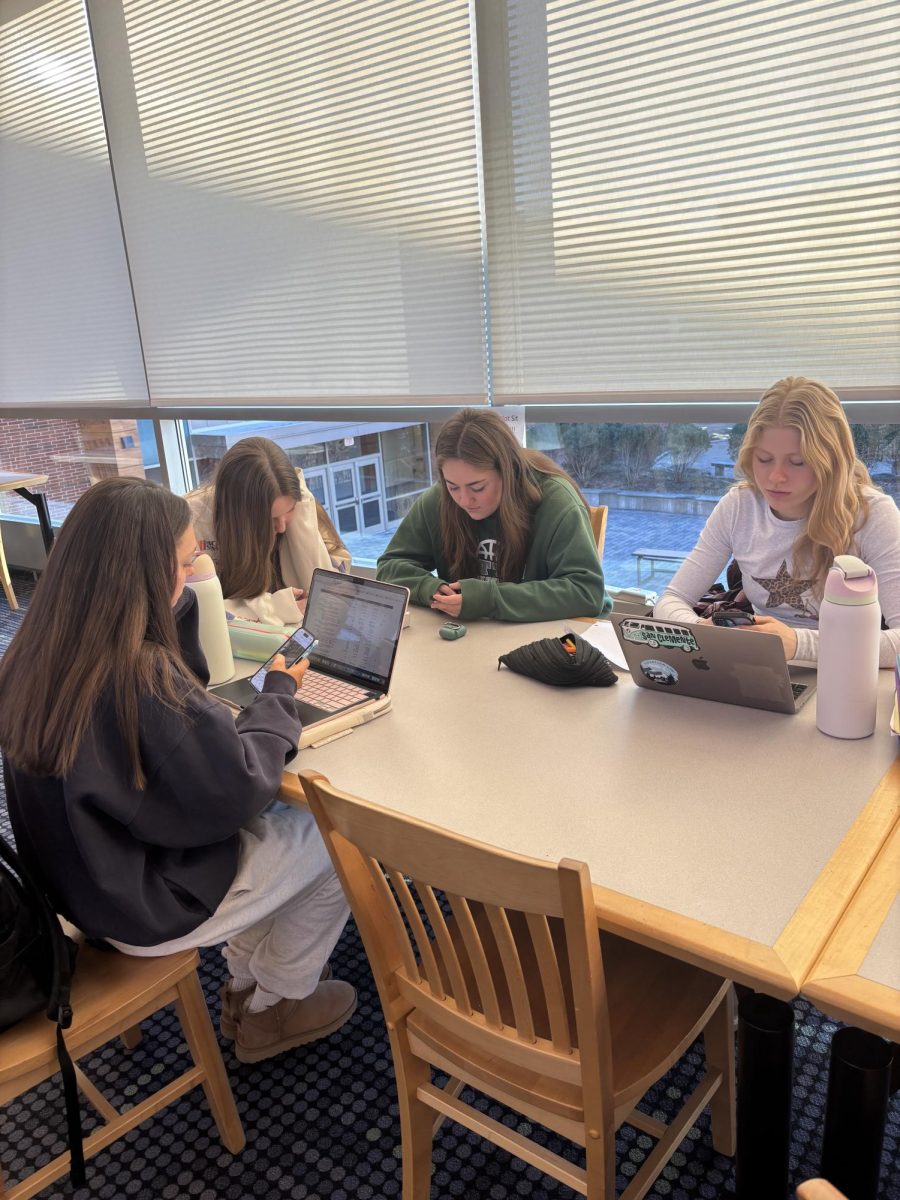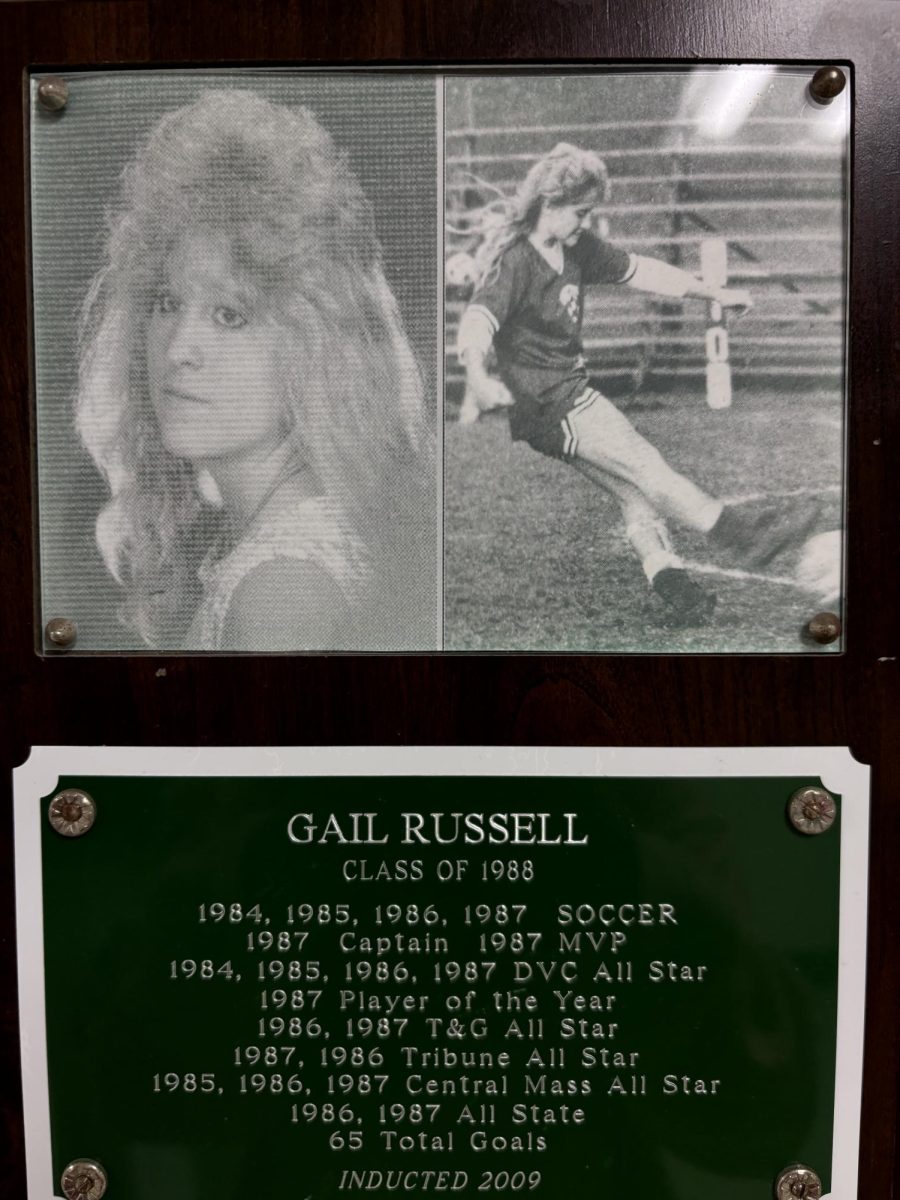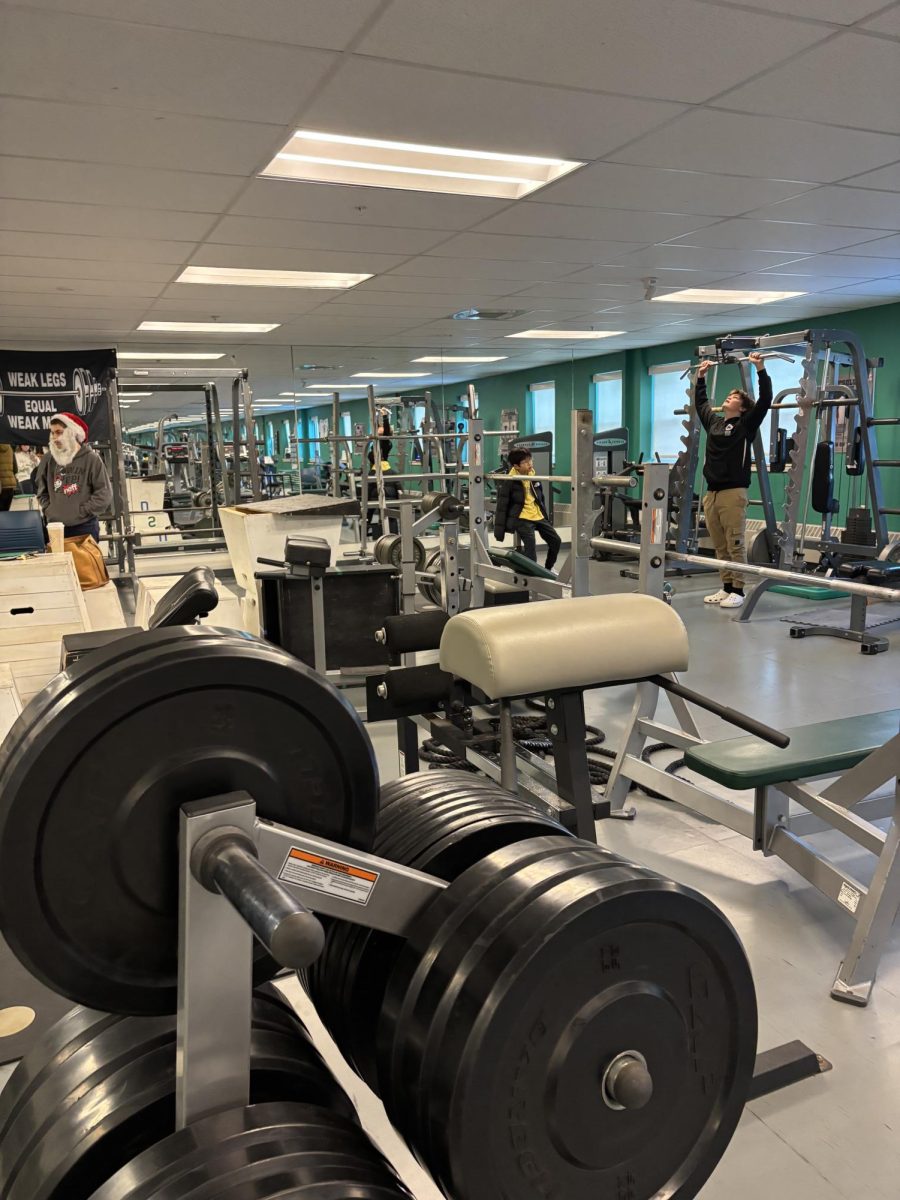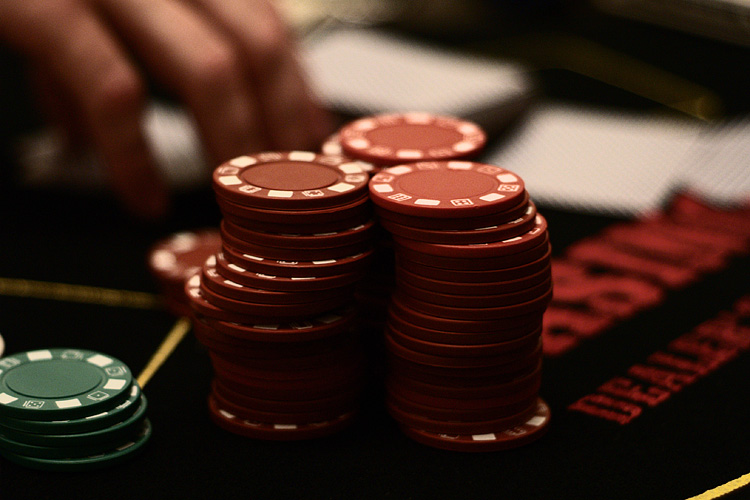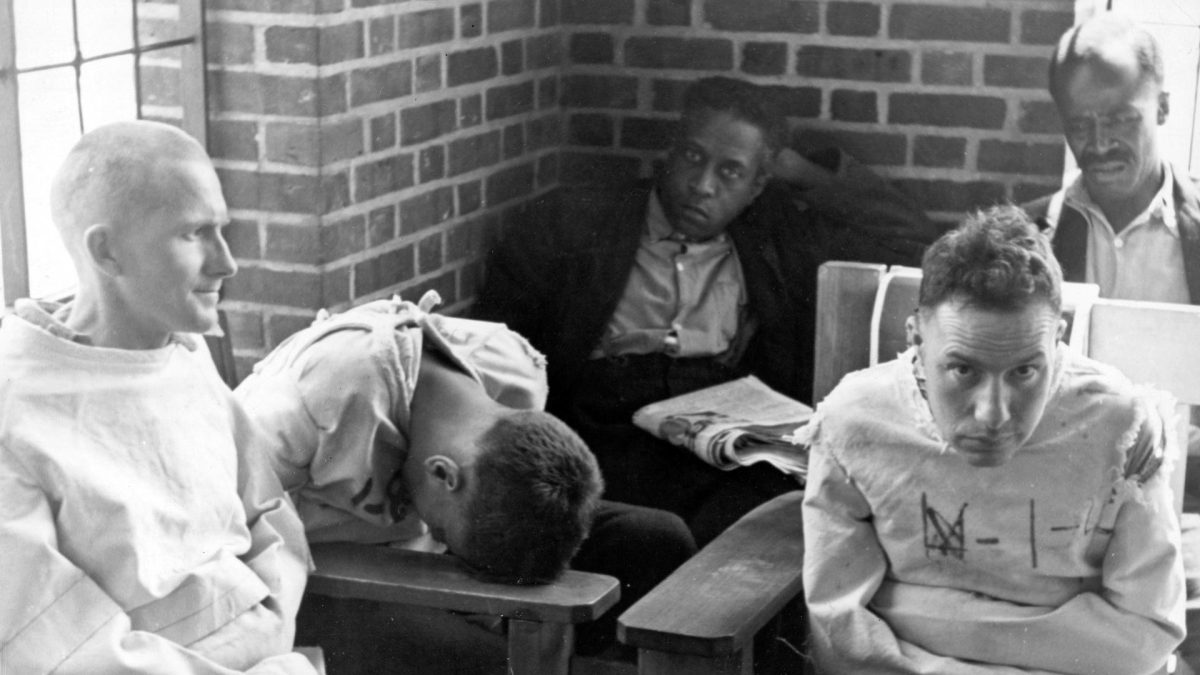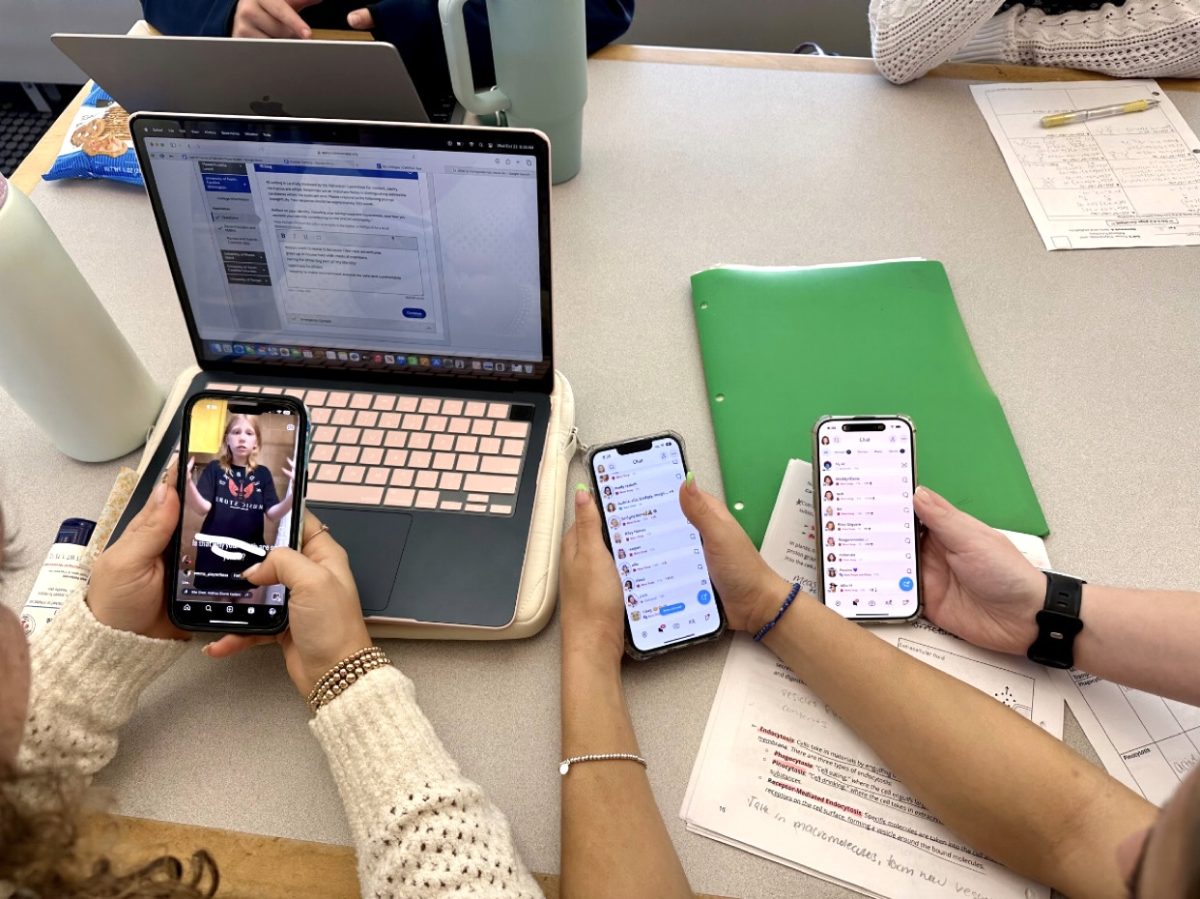Dear America: The Mental Health of Younger Kids is Just as Important as Ours!
Mental health is important at all ages
May 24, 2023
Dear America: children’s mental health is in crisis, Dear Community: are we doing everything in our power to support the health of the kids across our surrounding school districts? Dear You: how are you helping and making an impact on this situation?
Before the pandemic, the CDC (Centers for Disease Control and Prevention) found that “one in every five children have a mental disorder, but only about 20% of those children received care from a mental health provider.” Ever since COVID-19 barged into our lives, the percentages of everyone, especially individuals in the age range of five to eleven years old, increased.
In fact, CNN Health claims that “Suicide became the second leading cause of death among children 10 to 14 during the COVID-19 pandemic, according to the US Centers for Disease Control and Prevention. Mental health-related emergency room visits among adolescents 5 to 11 and 12 to 17 also jumped 24% and 31%, respectively.”
To know that these statistics are still increasing is a scary feeling for many people. These people include teachers, parents, friends, siblings, healthcare professionals, and so many others. Jessica Grose’s New York Times article, Kids’ Mental Health is a ‘National Emergency’. Therapists are Short Staffed, does a fantastic job clearly emphasizing on how we, as a society, need to focus not only on adults and teens mental health, but kids’ as well. Grose states, “In 2019, Pew Research found that ‘the total number of teenagers who recently experienced depression increased 59 percent between 2007 and 2017’.”
Then the pandemic came along. According to a meta-analysis across 29 samples including over 80,000 youths across the globe published in JAMA Pediatrics last summer, “youth mental health difficulties” during the pandemic have “likely doubled.”
Mental Health is a very important topic, but for the younger individuals we are communicating these problems to it is much different in the way of having a discussion. For the children we are sharing these concerns with, we have to be careful.
MentalHealth.gov shares ways family, friends, caregivers, and educators can look for signs of possible mental health problems. They say to look for behaviors, such as feeling very sad or withdrawn for more than two weeks, mentioning or creating plans for a “way out”, and other mood swings. Children who are experiencing these types of behaviors often can understand why they are feeling the way they are feeling or often can understand difficult situations they have experienced prior to, similar to losing a loved one, major transitions, bullying, and other traumatic life experiences.
However, with the help of research and resources, we know what to do and can go to child’s doctors, school nurses, or medic al providers about medication and other treatment plans.
In schools, many children in all grades can be seen struggling during classes. I believe, and personally have been more opened to and aware, to children struggling with how to deal with their emotions. For example, when a child is mad they can scream, when a child is sad all they know is to cry, and when a child is happy you often see them in a better mood all around.
Here at Sutton Memorial High School, we have a phenomenal staff of people we can go to, whether that is to cry, to give hugs, or to share exciting news. Alyssa Chouinard claims that “She [Ms. B] is literally the best support system that I have ever had to go talk to and I feel very comfortable talking to her. She will never judge you and that is also the best feeling!”
But my question is, do children in the grades Kindergarten through 5th feel the same way? Do kids that age feel like they have an adult they can go and talk to, to express their emotions to? Adults may think that because they didn’t have their favorite cereal this morning or that their caregiver didn’t put them in the clothes they wanted to wear that morning they don’t matter- but they are just as important!
To us, it may seem pointless and small to talk about and care about, but to them that might be the biggest reason they are holding back. If we don’t accept talking about children’s big feelings, how are they going to feel comfortable talking about their real and hard emotions?
Children’s mental health is more important than any grade, any event, and anything else. Let our children stay little for as long as they can stay, let them be as creative as their hearts desire to be, and let them play often whether that is outside or inside and with friends or themselves. Let kids be kids, and be there for them because their emotional well being and mental health is so incredibly important.


